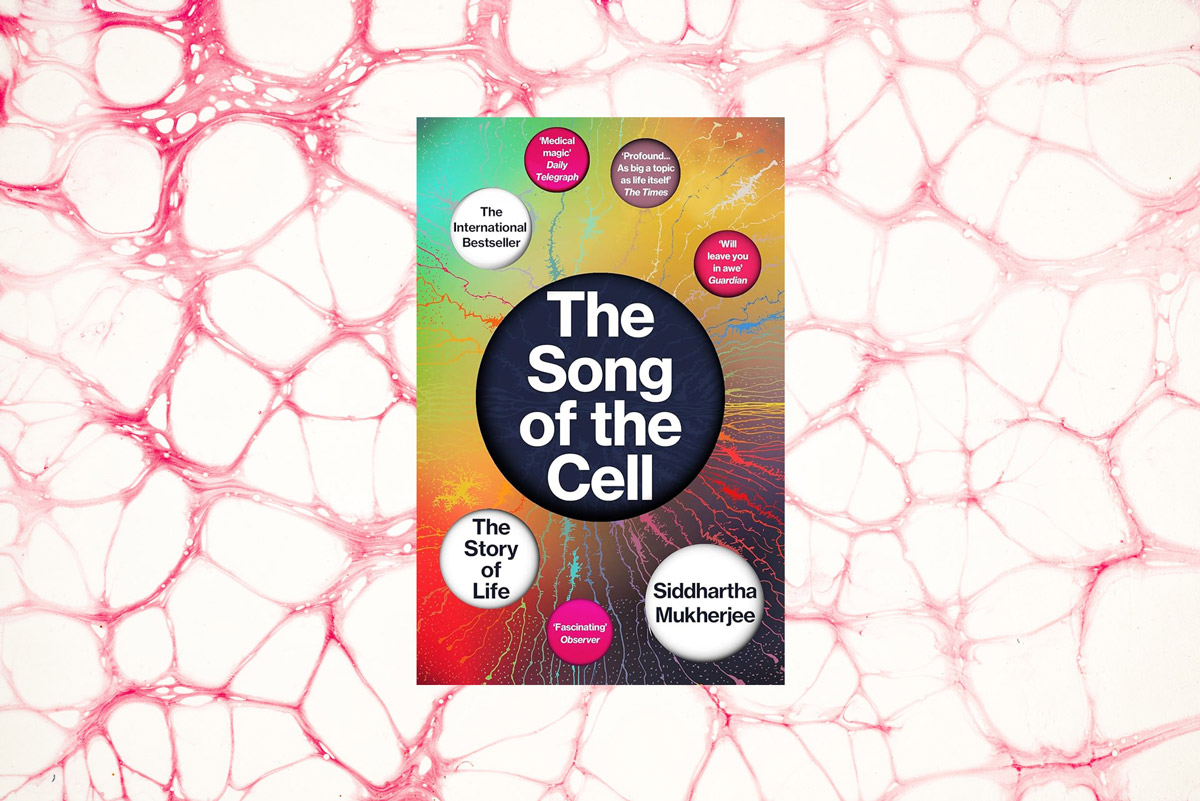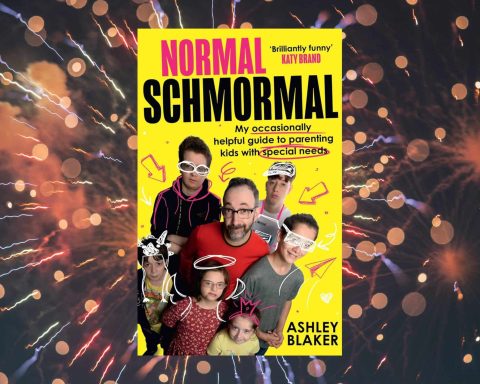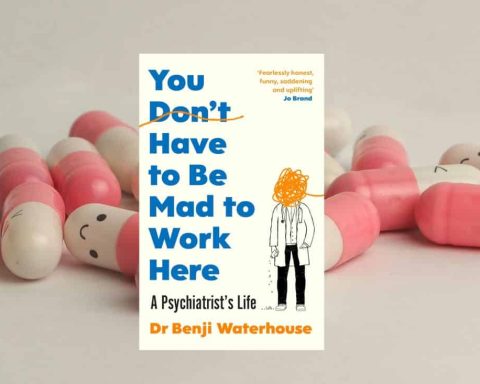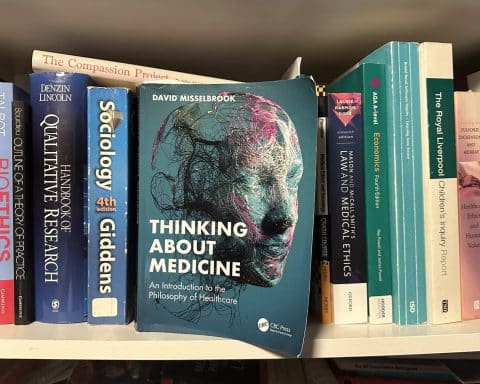Elke Hausmann is a salaried GP in Derby.
The poetic title ‘The Song of the Cell’ sets the scene for this extraordinary book, which takes you on a journey that will reconnect you with the magic of ‘micro’-biology — I promise you, you will never look at an FBC in the same way again.
Siddhartha Mukherjee is an Assistant Professor of Medicine at Columbia University, a cancer physician and researcher, and the author of previous books on topics including genes and cancer, which are similar in structure to The Song of the Cell in that Mukherjee takes one starting point and explores it from as many angles as you can imagine — always as a scientist first, but bringing the science to life with references to the scientists involved or even to literary characters. His books can be called tomes, it will take you a while to get through one. But it is so worth it.
Having gone through medical school and working as a GP, there is a sense that Mukherjee is writing about things that we know. Mitochondria and nuclei, mitosis and meiosis, CD4 and T-cells, actin and myosin, monoclonal antibodies — the language is familiar. But there is so much you will have forgotten, or only while reading will you realise you never really understood.
“This book is the perfect antidote against any weariness with the practice of medicine.”
The first part is a history of the evolution of the cell (bacterial, plant, animal, and human) as well as a history of how scientists have come to understand cells in the first place. Names of scientists pop up that you have heard about but can now put into context. There is a lot about blood and the different immune cells. And because it is all packaged as a story you will remember it, and this knowledge will come in handy the next time you read a letter from a haematologist or oncologist.
And it’s not even just about cells. This book ‘is a chronicle of the discovery that all organisms, including humans, are made of these “elementary particles”. It is a story of how cooperative, organized accumulations of these autonomous living units — tissues, organs, and organ systems — enable profound forms of physiology: immunity, reproduction, sentience, cognition, repair, and rejuvenation’ (p. 25).
It is also about what happens when cells become dysfunctional leading to pathology, and how our understanding of cellular physiology and pathology has led to the birth of transformational medicines, and ‘of human beings transformed by these medicines’ (p. 26).
This book is impossible to summarise. It needs to be read and savoured. Just immerse yourself in the wonder of the fact that each one of us has arisen from one cell (while I remember learning the facts about embryology during medical school, I don’t remember being as in awe of it as I was reading Mukherjee’s account of what happens — it is all really quite unbelievable if you truly think about it). Beyond that, there are in-depth discussions, for example, around the practicalities and ethics of gene editing human embryos, or on the discovery of how we can reprogram specialised adult cells to resemble stem cells, and all the implications for creating therapies with no concerns around histocompatibility.
This book is the perfect antidote against any weariness with the practice of medicine. Like I said, it is a big book. In meditation, the saying is that if you feel you don’t have time to meditate, you should take even more time to meditate. If you feel you don’t have the time to read this book, then you are probably even more in need of making the time for it. Mukherjee’s prose really does instil in the reader an awe for what life is, for what we are, and for what we do and can do as doctors.
Featured book: Siddhartha Mukherjee, The Song of the Cell: The Story of Life, Vintage, 2023, PB, 496pp, £10.99, 978-1529111781








